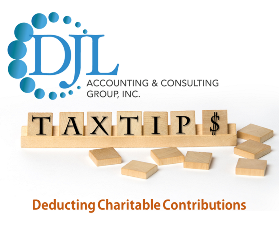The Tax Cuts and Jobs Act of 2017, enacted Dec. 22, suspends from 2018 until 2026 the deduction for interest paid on home equity loans and lines of credit, unless they are used to buy, build or substantially improve the taxpayer’s home that secures the loan.
Under the new law interest on a home equity loan used to build an addition to an existing home is typically deductible, while interest on the same loan used to pay personal living expenses, such as credit card debts, is not. As under prior law, the loan must be secured by the taxpayer’s main home or second home (known as a qualified residence), not exceed the cost of the home, and meet other requirements.
For anyone considering taking out a mortgage, the new law imposes a lower dollar limit on mortgages qualifying for the home mortgage interest deduction. Beginning in 2018, taxpayers may only deduct interest on $750,000 of qualified residence loans. The limit is $375,000 for a married taxpayer filing a separate return. These are down from the prior limits of $1 million, or $500,000 for a married taxpayer filing a separate return. The limits apply to the combined amount of loans used to buy, build or substantially improve the taxpayer’s main home and second home.
The following examples illustrate these points.


 It's tax time again. Taxpayers should choose their tax return preparer wisely. This is because taxpayers are responsible for all the information on their income tax return. That’s true no matter who prepares the return.
It's tax time again. Taxpayers should choose their tax return preparer wisely. This is because taxpayers are responsible for all the information on their income tax return. That’s true no matter who prepares the return. During the holiday season many people make donations to benefit charitable organizations. It's great to help others, and your contributions make a difference in people's lives. There is another benefit . . . you may be able to claim a deduction for the donation on your federal tax return.
During the holiday season many people make donations to benefit charitable organizations. It's great to help others, and your contributions make a difference in people's lives. There is another benefit . . . you may be able to claim a deduction for the donation on your federal tax return. State Representatives John Becker and David Leland are sponsoring a bi-partisan bill to eliminate the 'marriage penalty' in Ohio.
State Representatives John Becker and David Leland are sponsoring a bi-partisan bill to eliminate the 'marriage penalty' in Ohio.

